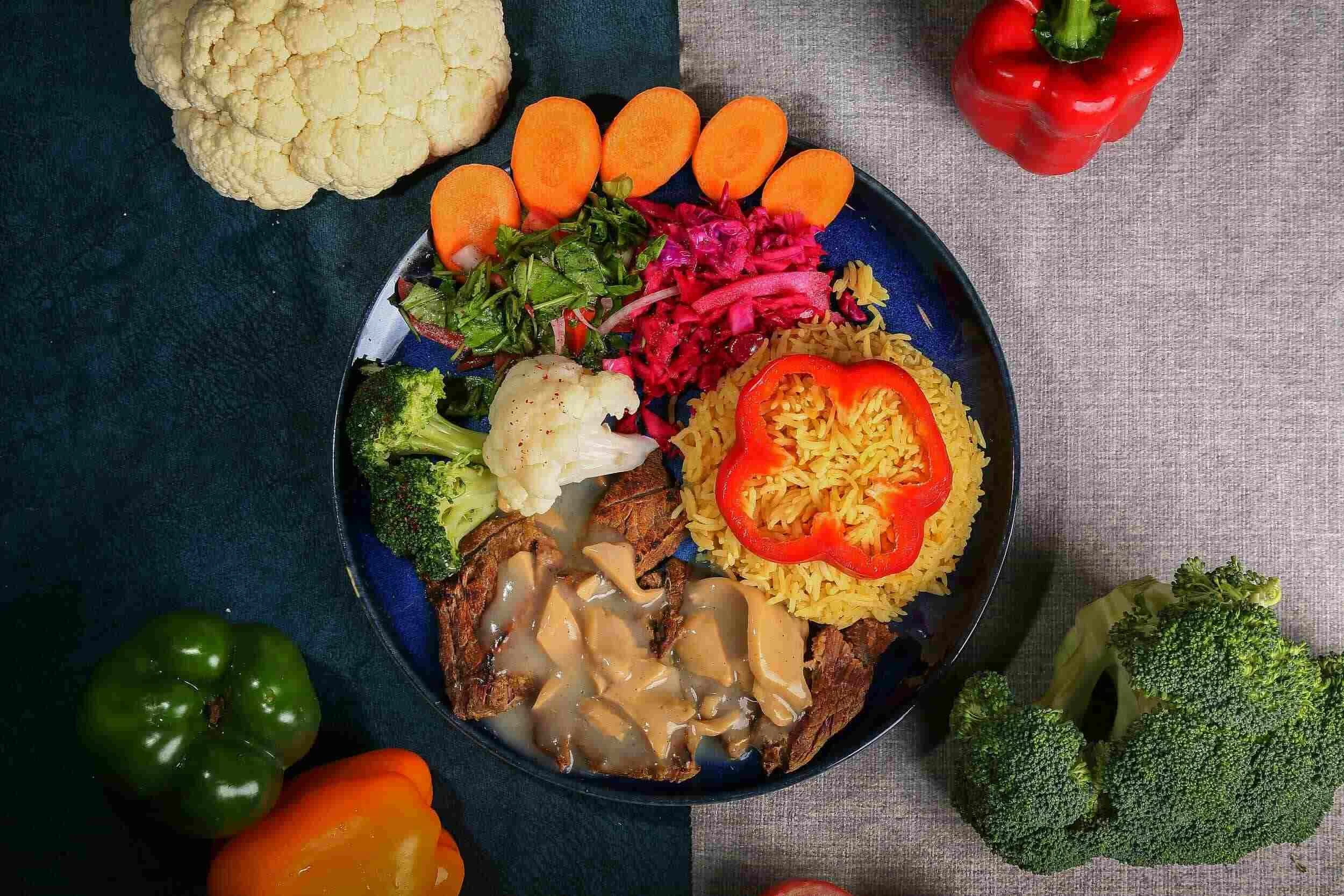Understanding Psoriasis: A Dual Perspective on Healing
As an integrative practitioner with strong western and TCM training, I've witnessed how psoriasis affects not just the skin, but the entire being of those who suffer from it. This chronic inflammatory condition, characterized by raised, scaly patches of skin, demands a comprehensive understanding that bridges Western medical science and ancient healing wisdom.
The Western Medical Understanding
From a Western perspective, psoriasis is fundamentally an autoimmune condition where the immune system mistakenly attacks healthy skin cells. This trigger accelerated cell turnover, where skin cells that normally take 28 days to mature are produced in just 3-4 days, resulting in characteristic thick, silvery scales and inflamed patches.
The condition affects approximately 2-3% of the global population, with genetic predisposition playing a significant role, particularly those in the HLA complex. However, genetics alone don't determine destiny—environmental triggers like stress, infections, certain medications, smoking, and alcohol can all precipitate flares.
Western medicine has identified several distinct subtypes: Plaque Psoriasis (80-90% of cases) presents as well-demarcated, raised patches with silvery scales. Guttate Psoriasis appears as small, drop-like lesions often following streptococcal infections. Pustular Psoriasis presents as sterile pustules and can be life-threatening when generalized. Inverse Psoriasis affects flexural areas with smooth, red patches without typical scaling. Erythrodermic Psoriasis represents the most severe form, involving 90% or more of the body surface and requiring immediate hospitalization.
Each subtype requires tailored therapeutic approaches, with treatment intensity correlating with disease severity. It's important to note that negative side effects may occur with short or long-term use of many prescribed medications.
The Traditional Chinese Medicine Perspective
Through the lens of Chinese Medicine, psoriasis represents internal disharmony. The skin is governed by the Lung system, which controls pore function and Wei Qi (defensive energy) distribution. When imbalanced, external pathogens penetrate, leading to skin disorders.
The primary TCM pattern is "Blood Heat" (Xue Re), often combined with "Blood Stasis" (Xue Yu). Heat in the blood creates inflammation, while stasis prevents proper circulation and healing, leading to the chronic, recurring nature.
Contributing constitutional factors include:
Spleen Qi Deficiency: Weakened digestion fails to transform food into clean blood and energy
Liver Qi Stagnation: Emotional stress causes energy stagnation, generating heat that rises to the skin
Kidney Yang Deficiency: In chronic cases, underlying constitutional weakness affects our foundational energy source
Integrative Treatment Approaches
My approach combines both medical traditions, recognizing that true healing requires addressing symptoms and root causes.
Western Medical Treatments
Topical therapies remain the cornerstone, though long-term use requires careful monitoring. Corticosteroids provide rapid relief but prolonged use can lead to skin atrophy and systemic absorption concerns. Vitamin D analogues like calcipotriene help normalize cell turnover with better long-term safety profiles.
For moderate to severe cases, systemic treatments require ongoing monitoring. Methotrexate necessitates regular liver function monitoring and folate supplementation. Biologics have favorable safety profiles but increase infection risk. JAK inhibitors show promise but carry cardiovascular and malignancy warnings.
Phototherapy, particularly narrow-band UVB, provides excellent results but raises long-term skin cancer concerns with cumulative UV exposure.
TCM Therapeutic Strategies
Chinese herbal medicine offers profound healing potential. Classical formulas like "Gan Lu Yin" and "Qing Ying Tang" address underlying blood heat patterns, often modified with herbs like Sheng Di Huang (cooling blood heat), Mu Dan Pi (clearing heat and moving blood stasis), Bai Xian Pi (targeting skin conditions), and Tu Fu Ling (detoxifies and reduces inflammation).
Acupuncture serves as valuable adjunct therapy, regulating the immune system and reducing inflammation through points like Xuehai (SP 10), Quchi (LI 11), and Sanyinjiao (SP 6).
Nutritional and Supplement Support
Before implementing therapeutic supplementation, it's essential to assess liver and kidney function along with comprehensive micronutrient status. Patients with compromised organ function may accumulate prescription medications and supplements to toxic levels. I routinely order comprehensive metabolic panels and specialized micronutrient assessments before recommending therapeutic dosing.
Many patients assume "more is better," but this approach can be counterproductive or dangerous. High-dose vitamin D without monitoring can lead to hypercalcemia, while excessive zinc interferes with copper absorption.
Diet plays a crucial role, though the approach must be highly individualized. I prefer testing patients for specific food sensitivities rather than applying blanket restrictions. Each person's immune system is unique—what serves as medicine for one may trigger inflammation in another.
This personalized approach proved essential when treating a relative with pustular psoriasis in 2017. Despite following conventional anti-inflammatory dietary advice, her condition persisted until food sensitivity testing revealed that broccoli and spinach—typically anti-inflammatory foods—were actually provoking her immune system. This illustrates that it's not the inherent properties of food that matter, but how an individual's immune system responds.
At minimum, I recommend an anti-inflammatory foundation diet rich in omega-3 fatty acids, antioxidants, and fiber while avoiding processed foods, excessive sugar, and alcohol. However, the most effective approach involves identifying individual food sensitivities through proper testing, then gradually expanding the diet from a safe baseline.
Key supplements that show promise include:
Omega-3 Fatty Acids: EPA and DHA reduce inflammatory markers. I typically recommend 2-3 grams daily of high-quality fish oil.
Vitamin D: Given the strong association between deficiency and psoriasis, maintaining optimal levels (60-80 ng/mL) is essential. Supplementation of 2000-4000 IU daily is often necessary.
Curcumin: This potent anti-inflammatory compound can significantly reduce psoriatic inflammation. Look for bioavailable forms with piperine if tolerated for enhanced absorption.
Probiotics: Emerging research suggests gut health directly impacts skin health. Specific strains like Lactobacillus acidophilus and Bifidobacterium bifidum may help reduce inflammatory responses, though recommendations need to be specific to individual needs.
Zinc: This essential mineral supports immune function and wound healing. Supplementation is beneficial when levels are known to be low.
Inositol: This vitamin-like compound helps regulate insulin sensitivity and metabolic function, particularly relevant since psoriasis patients have higher rates of metabolic syndrome. Studies suggest 2-4 grams daily may reduce inflammatory markers and improve lesions.
Lifestyle Modifications
Stress management cannot be overstated in psoriasis care. Chronic stress elevates cortisol levels and triggers inflammatory cascades. I recommend regular meditation, tai chi, or yoga practice, which align with TCM principles while providing proven stress reduction benefits.
Sleep quality directly impacts immune function and inflammation. Establishing consistent sleep hygiene practices supports both Western and TCM healing principles.
A Holistic Approach to Healing
Psoriasis reminds us that the skin reflects our internal health. By combining Western medicine's precise understanding of inflammatory pathways with TCM's holistic view of constitutional balance, we offer patients more comprehensive care.
The journey to healing psoriasis requires patience, consistency, and often a multifaceted approach. While Western medicine provides powerful symptom management tools, TCM offers insights into preventing recurrence by addressing root imbalances. Together, they create therapeutic synergy that honors both the condition's complexity and each patient's individuality.
Success lies not in choosing between Eastern and Western approaches, but in skillfully integrating both to address unique individual needs. This integrated perspective offers hope for not just managing symptoms, but achieving lasting healing and improved quality of life.




